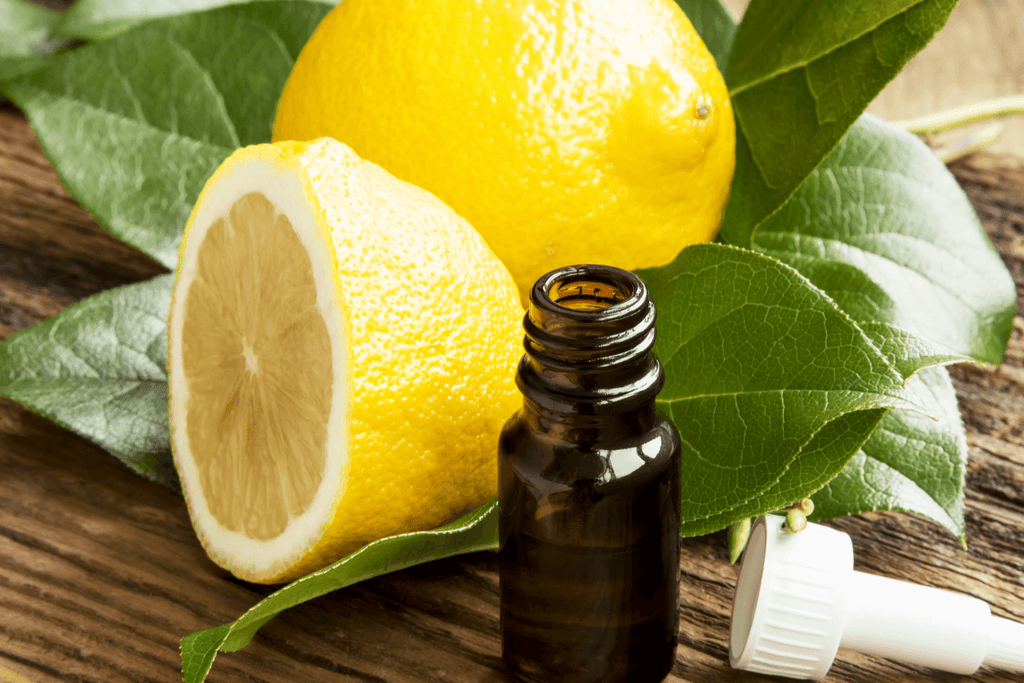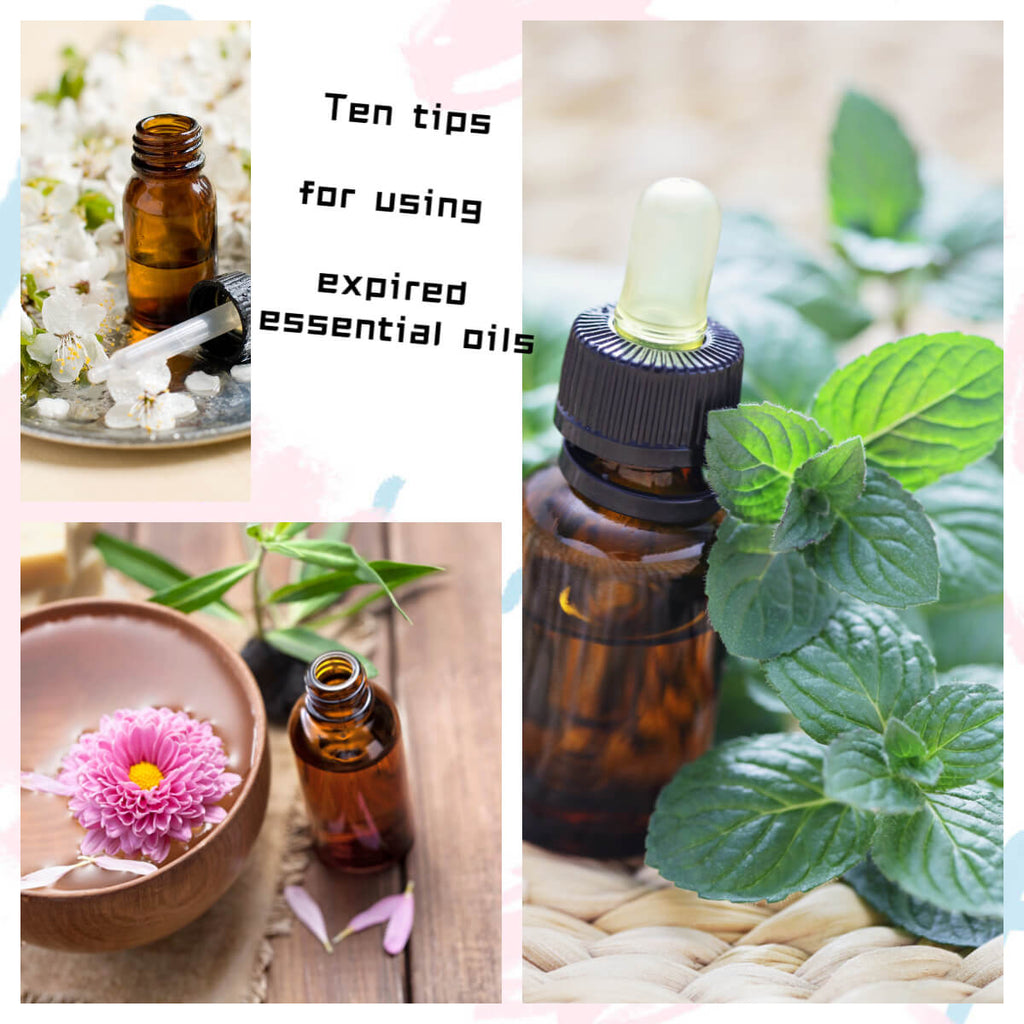Essential oils are now a key part of the health and beauty industry, known for their many uses and benefits. However, like any other product, essential oils undergo changes over time, prompting the question: do essential oils expire? In this article, we delve into the topic of essential oil shelf life.
Let's explore the process of making essential oils.
At DecorTherapy, we use steam distillation and cold pressing to make high-quality essential oils.
Steam distillation begins with filling a large container with raw plant material. Steam then introduces, prompting the release of the plant's aromatic molecules as vapor.
These vapors travel through a condenser, where they condense back into liquid form due to the surrounding cold water. The separator collects and separates the aromatic liquid, allowing the essential oil to separate from the water. People commonly use this method for various essential oils such as cedarwood, eucalyptus, lavender, and peppermint.

Cold pressing, on the other hand, primarily utilizes for citrus oils like lemon, sweet orange, bergamot, and grapefruit. This process involves puncturing the essential oil sacs located beneath the fruit's rind to release the oil. They carefully press the fruit to extract both the oil and juice.
Centrifugation separates solid pieces from the fruit in the collected liquid. Once you remove the solids, the oil naturally separates from the juice and you can harvest it for bottling.

These methods help extract pure essential oils and keep their natural properties intact. This allows us to provide customers with a variety of high-quality products.
That we understand how to make and store essential oils, let's consider another important factor: their shelf life.
The optimal storage method is to keep essential oils in dark-colored glass bottles. Dark glass bottles can block sunlight and UV rays, helping to extend the shelf life of essential oils. Additionally, glass bottles prevent chemical reactions with the oils, preserving their purity.
Secondly, store essential oils in a cool, dry place away from direct sunlight and high temperatures. High temperatures can accelerate the oxidation process of essential oils, leading to a decrease in their quality and efficacy. Therefore, it's best to store essential oils in closets, drawers, or storage boxes, away from any sources of heat or direct sunlight.
Let's address another common question: Do unopened essential oils expire?
Unopened essential oils can last for varying lengths of time. The type of oil, storage method, and quality determine this.
Firstly, let's consider the type of oil. Citrus oils and other essential oils with more volatile compounds have shorter shelf lives than oils with fewer compounds. Additionally, certain oils may have a naturally longer shelf life due to their chemical composition.
Next, the quality of the essential oil at the time of purchase is crucial. Good quality oils, when distilled and stored correctly, can stay potent for many years, even if not opened. Lower-quality oils or oils that have been improperly stored may degrade more quickly, even while still sealed.
Store essential oils in dark-colored glass bottles in a cool, dry place away from direct sunlight and heat. Proper storage helps to slow down the oxidation process and extend the shelf life of the oils, whether opened or unopened.
Unopened essential oils do not expire like food. Factors such as the type of oil, its quality, and storage conditions can impact the oil's quality. Choose good oils and store them correctly to keep them strong and effective for longer, even after opening.
That we've discussed the factors affecting the shelf life of essential oils, let's address what happens when essential oils expire.
Firstly, let's consider the symptoms of expired essential oils. One of the most noticeable signs is a change in scent.
Expired essential oils may develop a rancid or unpleasant odor, indicating that the oil has oxidized and degraded. Additionally, the color of the oil may darken or become cloudy over time. These changes in scent and appearance are indicative of a loss in potency and efficacy.
Furthermore, using expired essential oils can have negative effects on your health and well-being. Changes in the chemical composition of expired essential oils may lead to skin irritations or allergic reactions. Be cautious when using them. Expired oils may also lose their therapeutic properties, rendering them ineffective for their intended purposes.
In summary, using expired essential oils can result in unpleasant odors, changes in appearance, and potential health risks. It's essential to check the expiration date of your oils and properly store them to ensure their potency and safety. If the oil has expired, throw it away and get a new one for the best results in aromatherapy and healing.
When essential oils expire, it's crucial to handle them properly. Expired oils can still be repurposed creatively for more value and benefits.

- You can still use expired essential oils in diffusers. This will make your home or workspace smell nice. It can also create a relaxing environment.
- DIY Cleaning Products: Incorporate expired essential oils into DIY cleaning solutions to enhance their antibacterial and antifungal properties. Mix them with vinegar or baking soda for effective natural cleaners.
- Potpourri: Add expired essential oils to homemade potpourri blends to infuse your living spaces with delightful scents. Combine them with dried flowers, herbs, or citrus peels for a fragrant touch.
- Natural Bug Repellent: Create a natural bug repellent spray by diluting expired essential oils with water or witch hazel. Spray it around your home or outdoor areas to deter pests without harsh chemicals.
- Freshen up laundry by adding expired essential oils to a damp cloth or dryer balls during the drying cycle. Choose oils with antibacterial properties like tea tree or lavender for added benefits.
- Use old essential oils to make bath salts or bath bombs for a relaxing and fragrant bath. Mix them with Epsom salts and carrier oils for soothing relaxation.
- DIY Beauty Products: Use expired essential oils in DIY beauty recipes like homemade scrubs, masks, or hair treatments. Combine them with natural ingredients like coconut oil, honey, or oatmeal for nourishing skincare benefits.
- Make natural air fresheners by mixing expired essential oils with water and vinegar in spray bottles. Use them to freshen up rooms, fabrics, or upholstery.
- Meditation and Yoga: Diffuse expired essential oils during meditation or yoga sessions to enhance relaxation and focus. Choose calming oils like chamomile or frankincense for a tranquil atmosphere.
- Make scented sachets by filling small pouches with dried flowers, herbs, and old essential oils. Use them in drawers, closets, or luggage for a pleasant smell. They'll keep your belongings smelling fresh and delightful.
Reuse old essential oils creatively to keep benefiting from them, reduce waste, and support sustainability in your daily routine. Remember to always perform a patch test and use caution when trying new applications to ensure safety and effectiveness.
Feel free to browse through our store's selection of high-quality, all-natural massage essential oils, as well as our specially formulated essential oils designed for diffusers. We welcome your comments and sharing, so we can discuss how aromatherapy can promote our physical and mental well-being together.
